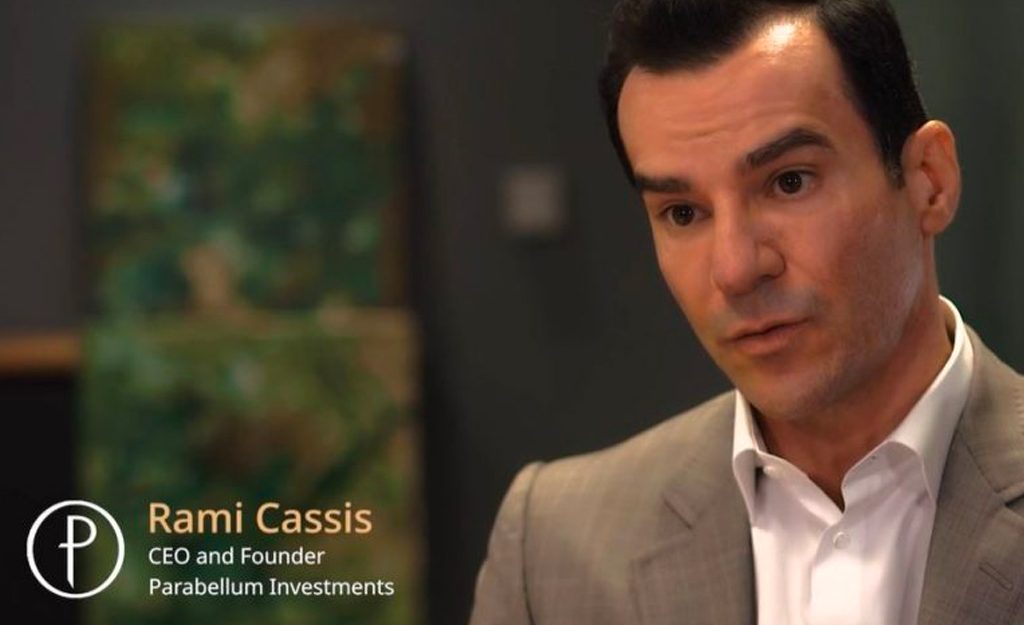

Written by Rami Cassis
5 Nov
Finding the right private equity investor to partner your business through the next stage of growth is not easy. As equity investors focused on mid and lower mid-market companies, we have many such conversations.
Stripping out the complexity and detail of each situation, if the tables were turned, here are the top ten things we would ask:
For most management teams and founders, this is crucial. You need to know what you can and cannot do without consent and what the consent process is. For instance, what decisions will need to be made at board and at investment committee level? There is a big difference between the two.
Most companies find they need access to additional funding at a later date, so you must understand the terms around any follow-on investments. Sometimes the private equity firm might refuse to put in additional money but propose other private equity investors. Make sure you have pre-emptive rights, effectively giving you a say and protecting against further dilution.
Find out also what level of funding is available if any further investment in the company is needed. A single injection of cash is often not enough to take a mid-sized business to the next stage, especially once acquisitions are involved. Many private equity firms talk of having large committed capital but their own investors (who actually put the money in) can often still pull out.
What investment horizon is the private equity firm looking at and what happens if it is extended? Many private equity firms will not want to sell a poorly performing investment because selling it may crystallise losses and compromise their next fundraiser. They may prefer to hold onto the company, continue to collect fees (or interest if capital was injected as preference shares) and attribute an optimistic valuation to that asset on their balance sheet. However this is a difficult situation for managers & founder who then become trapped in a situation where there’s no scope for further investment or sale.
There will always be an investment thesis or business case around which an investment is made. You need to be clear from the outset about what happens if the business deviates from that original plan and, if either party wants out, what will happen and how would it work. The founder should seek pre-emptive rights.
There can potentially be substantive costs recharged to the business. These will always include due diligence costs but also “management fees” to the private equity funding team or (usually) high interest-bearing funding instruments (basically debt-like funding).
Depending on the size of the business and how many years the asset has been held by the private equity investment firm, this can easily add up to several hundred thousand per year so is material for a mid-market firm. As a follow-on point, it’s important to agree whether cash generation from the business can be recycled for investments or is intended to be siphoned up to the fund.
In other words, how does the private equity firm propose to put money in. Private equity firms will often put money in as preference shares which are basically a combination of equity and debt. This means the business pays a higher rate of interest on the money invested as well as being diluted on the ordinary shares. Preference shares also confer additional rights and are usually first in line for any money paid in the event of a sale.
Private equity investors put a lot of emphasis on representations and warranties and some
firms may intentionally seek to include somewhat obscure clauses which might allow them to make a claim later on. Ensure that you recognise these and understand the implications.
Specifically, you should be clear about what deals the private equity firm has done previously – and do not rely on press releases but find people who have worked with them. Importantly, if the private equity firm claims to cover all sectors, I would propose running a mile. Success usually only comes with some form of specialism.
Also look at how successful and wealthy the senior PE team members are. Regardless how altruistic one claims to be, everybody in the sector works to make money. Many people talk a good game, yet few have made any real money (let’s say over $10m), which is ultimately the test of success in this game.
It’s obviously important to have good chemistry with the PE team, but the senior people who lead the investment decisions are unlikely to be your most regular contacts. PE firms work by appointing an investment manager or an operating & finance partner. These are the people you will most likely work closely to, so be sure you have a good rapport with them.
Each situation is different and complex, and you will always need a good lawyer to negotiate on your behalf. Many law firms claim to be familiar with private equity investment, but few have the commercial experience to put themselves in the position of the management or founder. So, take your time and choose your lawyers carefully and well – independent references will help.